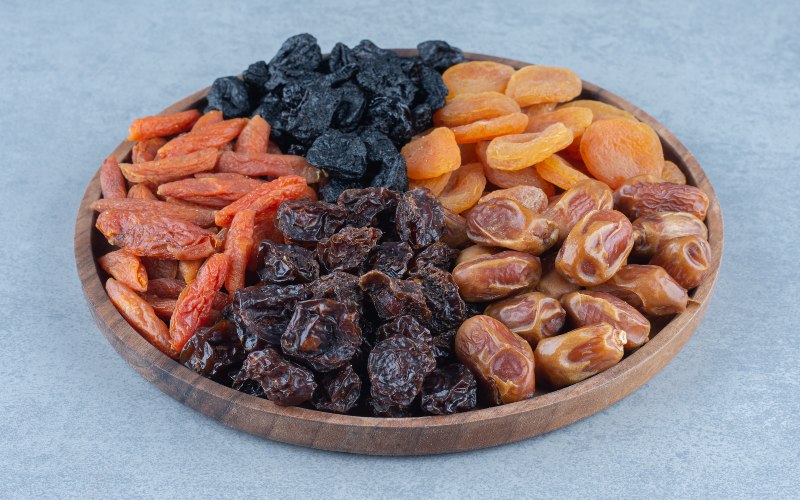Beyond Sugar: Common foods linked to baby tooth decay

Milk teeth may be temporary, but caring for them sets a foundation for lifelong oral health. With rising decay rates among toddlers in Kenya, awareness of the everyday foods and habits that harm teeth is critical.
Most parents know the basics when it comes to baby teeth: avoid sugary snacks, brush twice daily, and keep up with dental visits.
More To Read
- South Korean scientists develop patch to regrow human teeth
- Report finds added sugar in Nestlé baby cereals across Africa
- WHO issues first global guidelines on diabetes in pregnancy
- Study suggests gum disease may signal brain injury and stroke risk
- Convenient but dangerous: The hidden health risks of ultra-processed foods
- Artificial sweeteners linked to higher diabetes risk, study finds
But paediatric dentists warn that tooth decay in infants and toddlers is often triggered by everyday habits and foods beyond sweets. This includes common items like fruit juice, yoghurt and even extended breastfeeding at night.
“These are not obvious culprits. We are seeing babies under two with cavities, browning and decay, and it’s not just from sweets. It comes from things parents don’t always consider, juice in bottles, sticky snacks, and breastfeeding practices," said Dr Faith Kimani, a paediatric dentist at Nairobi Dental Clinic.
With many Kenyan families introducing solids alongside continued breastfeeding, understanding how foods and feeding routines impact oral health has become more important than ever.
Common causes of tooth decay in young children:
1. Dried fruits
Often seen as natural snacks, dried fruits like raisins and dates are sticky and high in natural sugars. They cling to baby teeth and feed cavity-causing bacteria.
Tip: Offer dried fruits only with meals, followed by water. Avoid giving them as snacks or before naps.
2. Refined starches
Crackers, bread, chapati, and even ugali break down into simple sugars in the mouth and stick to teeth. Though not sweet-tasting, they provide food for harmful bacteria.
Tip: Feed in moderation and clean the baby’s mouth after meals, even before teeth fully erupt.
3. Fruit juices
Even 100 per cent fruit juice contains sugars and acids that can erode enamel. Sipping juice slowly through bottles or sippy cups creates a sugary bath on baby teeth.
Tip: Offer whole fruits instead of juice, or dilute juice and serve only with meals.
4. Flavoured yoghurts and milk
Many flavoured dairy drinks have high added sugar, often rivalling sodas. Plain unsweetened yoghurt is better.
Tip: Mix plain yoghurt with mashed fruit for natural sweetness.
5. Sticky condiments
Syrups, honey, and sauces cling to gums and teeth, promoting decay if not cleaned properly.
Tip: Use sparingly and wipe the baby’s mouth after meals.
6. Prolonged nighttime breastfeeding
Breast milk is nutritious and protective. However, frequent night feeds without cleaning can increase decay risk as sugars pool against teeth.
Tip: Wipe gums and teeth with a damp cloth after feeds, avoid feeding to sleep once teeth erupt, and brush with fluoride toothpaste before bed.
“When babies nurse frequently through the night and fall asleep without any oral care, breast milk can pool in the mouth,” Dr Kimani explained.“The milk has natural sugars, which can feed bacteria if they stay in contact with enamel for long periods.”
This does not mean breastfeeding should be stopped. Dr Kimani advises, “Breastfeeding is essential, but so is dental hygiene; you can do both.”
Milk teeth may be temporary, but caring for them sets a foundation for lifelong oral health. With rising decay rates among toddlers in Kenya, awareness of the everyday foods and habits that harm teeth is critical.
By brushing early, feeding mindfully, and asking the right questions, parents can protect their children’s smiles.
Top Stories Today















































